Hormones and Crohn’s disease.
By Saul Kaye Bpharm MPS www.israelpharm.com www.testocreams.com
Inflammatory bowel disease and Crohn’s present with unique hormonal issues. Inflammation, malnutrition and the medications used to treat the inflammation can slow the onset of menses in teen patients, and can prevent menstruation in women with active symptoms.
Menopause brings about many changes in a women’s body and there is much controversy regarding Hormone replacement therapy in menopausal women. One study suggests that HRT can protect against flares in inflammatory conditions in the first two years of menopause.
According to studies with patients who have inflammatory bowel disease (including Crohn’s and Ulcerative colitis) there is an increased prevalence for osteoporosis. (Clements, Compston, Evans, Rhodes). There is also evidence that suggests that osteoporosis is more prevalent in patients with IBD than in the general population. Hormone replacement therapy is effective in treating and preventing osteoporosis.
There are also many symptoms of hormone deficiency that may be masked by the inflammatory bowel state. Hormone deficiency may present in these ways:
| Symptoms of hormone deficiency in Women: | Symptoms of Hormone deficiency in Men: |
| Water RetentionIncreased Facial hairPainMigraineMuscle pain
Vaginal dryness Fatigue Memory loss Urinary incontinence Irritability/anger Anxiety Mood swings Loss of Libido Acne Hot flashes Sleep Disturbances
|
LethargySleep disturbancesIrritabilityLow LibidoLoss of concentration
Mood swings Anxiety Changes in Metabolism Changes in Muscle mass |
Many Physicians have previously prescribed anti-depressants to treat the symptoms while the underlying cause (hormone deficiency) has gone untreated. If you have a look the list above once again I am sure you will associate some of these symptoms with what you previously thought were symptoms of IBD. While it is impossible for me to say that treating the underlying hormone deficiency will help with your IBD treatment there certainly seems to be a correlation between the symptoms expressed as being caused by IBD and those symptoms that may have the underlying cause in hormone deficiency. It is essential to remember that you should always consult a medical practitioner before beginning treatment but the correlation here seems at least to me (a pharmacist with a history in the family of Crohns) that treating the underlying hormonal deficiency may produce some beneficial results in your fight against IBD.
I as a pharmacist have searched for exclusive offers both regarding your prescription medication (www.israelpharm.com) and your hormone replacement therapy (www.testocreams.com). I have made it my mission to source the highest quality medications and supplements in the world to help you with your fight against this horrible condition. I am available for consultation via [email protected].
